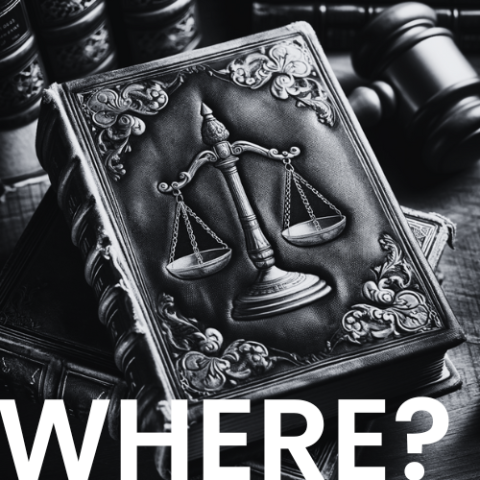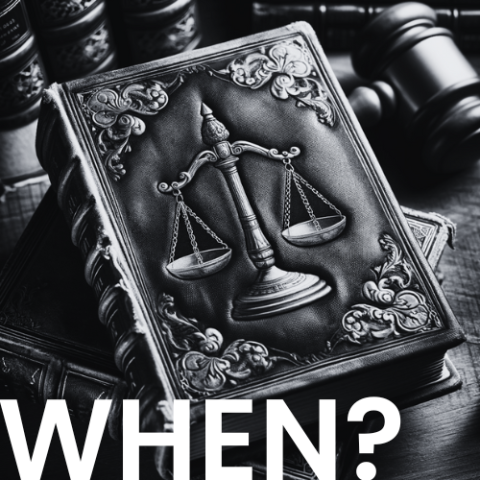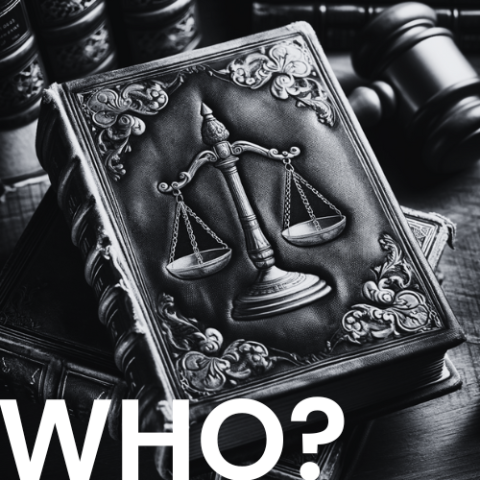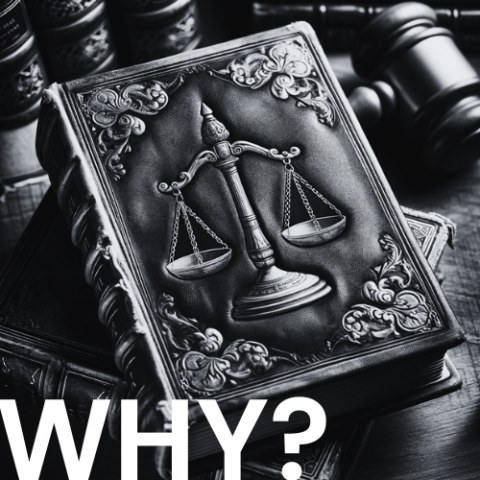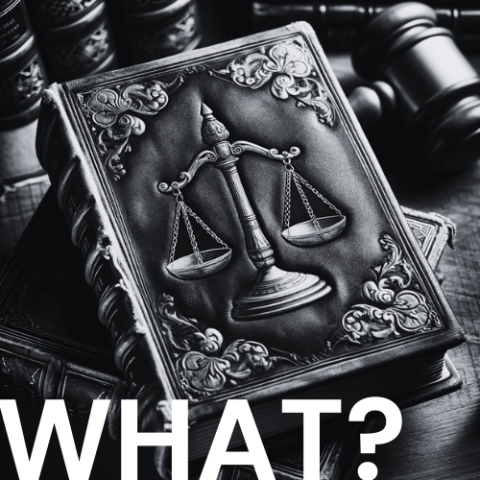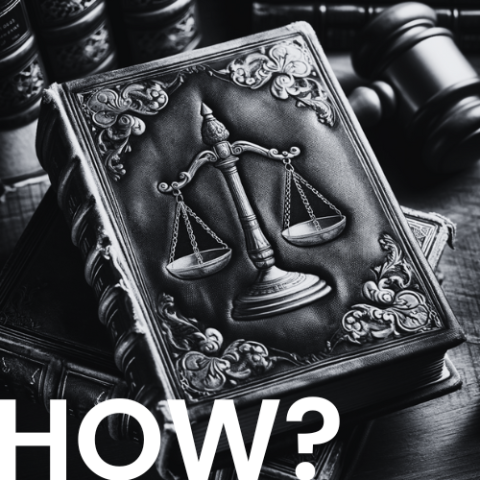The primary purpose of the Judge Book's is to provide comprehensive guidelines and reference materials for judges to ensure consistency and accuracy in their rulings.
What is the primary purpose of the Judge Book's?
Who is responsible for the content and updates of the Judge Book's?
A dedicated committee of experienced judges and legal experts is responsible for the content and periodic updates of the Judge Book's to reflect new laws and judicial interpretations.
How often is the Judge Book's updated?
The Judge Book's is typically updated annually to incorporate the latest legal precedents, amendments, and best practices.
Is the Judge Book's available to the public?
While the primary audience is judges, certain sections of the Judge Book's may be accessible to the public, particularly those parts that deal with procedural guidelines and general principles of law.
What types of legal issues does the Judge Book's cover?
The Judge Book's covers a wide range of legal issues, including criminal law, civil law, family law, administrative law, and procedural guidelines for court proceedings.
How can judges access the Judge Book's?
Judges can access the Judge Book's through a secure online portal provided by the judicial administration, and in some cases, a physical copy may also be available in court libraries.
Does the Judge Book's include case law references?
Yes, the Judge Book's includes references to relevant case law to help judges understand how various legal principles have been interpreted in past rulings.
Can the Judge Book's be used in court as a legal reference?
Yes, judges can refer to the Judge Book's during court proceedings to support their decisions and ensure they are following established legal guidelines.
Are there training programs available for judges on how to use the Judge Book's?
Many judicial training programs include modules on how to effectively use the Judge Book's, ensuring that judges are well-versed in its content and application.
How does the Judge Book's address conflicting legal precedents?
The Judge Book's provides guidance on how to handle conflicting precedents by prioritizing higher court rulings and offering principles for resolving such conflicts in a legally sound manner.
